The norm can deviate up or down within 1 - 2 mm.
- angina - characterized by changes in the pharyngeal lymphoid ring, most often the palatine tonsils;
- salmonellosis - an acute intestinal infection that is caused by salmonella;
- candidiasis - an infection caused by fungi of the genus Candida;
- measles - a pathology that is caused by the measles virus, characterized by damage to the upper respiratory tract and skin;
- rubella - an acute infectious pathology that lasts for a long time;
- tuberculosis (skin, lungs, genitourinary system) - a disease caused by Koch's bacillus;
- helminthic invasion (helminthiasis) - a group of diseases caused by parasitic worms;
- acute respiratory viral infections (ARVI) - respiratory diseases caused by viruses.
- viral hepatitis - liver pathology, which is accompanied by damage to the tissues of the organ;
- endocarditis - inflammation of the inner lining of the heart;
- myocarditis - damage to the muscular membrane of the heart;
- pancreatitis - inflammation of the pancreas;
- cholecystitis - an inflammatory process in the gallbladder;
- ulcerative colitis - a disease accompanied by damage to the colon;
- Crohn's disease - a serious disease of the gastrointestinal tract (GIT), which can affect all of its parts;
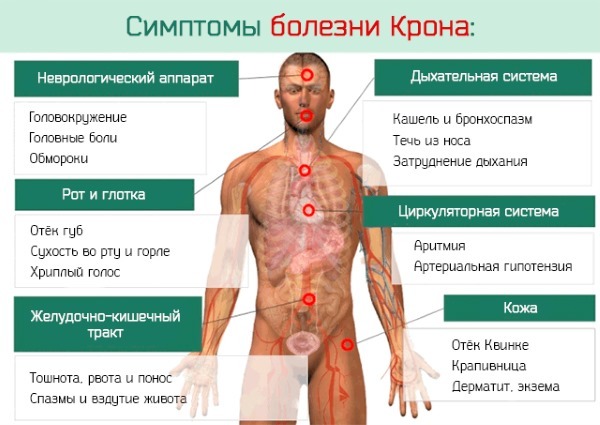
- rheumatoid arthritis is a connective tissue disease in which joints and internal organs are damaged;
- systemic lupus erythematosus (SLE) - a pathology characterized by vascular lesions;
- dermatomyositis - inflammation that affects muscles, skin and internal organs;
- Sjogren's syndrome - an autoimmune inflammation in which the glands of external secretion (salivary, lacrimal, sweat) are affected;
- vasculitis - an inflammatory process that affects the vessels;
- glomerulonephritis - damage to glomeruli (glomeruli of the kidneys);
- cystitis - an inflammatory process in the bladder;
- pyelonephritis - kidney damage, in which the calyx-pelvic system is affected;
- bronchitis is a disease characterized by inflammation of the bronchi;
- otitis media - damage to the ear;
- sinusitis - an inflammatory process in the maxillary sinuses;
- pleurisy - damage to the visceral and parietal leaves in the lungs;
- thyroiditis is an inflammation of the thyroid gland.
A high ESR value is associated with stroke (acute cerebrovascular accident).
- hyperthyroidism - increased functionality of the thyroid gland, which is characterized by an increased content of thyroid hormones (T3 and T4);
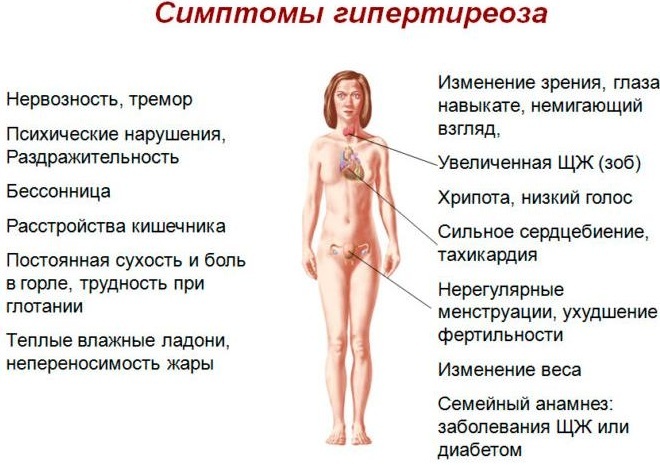
- obesity - excess fat deposition in organs and subcutaneous tissue;
- diabetes mellitus - insufficient production of its own insulin and an increased amount of glucose in the blood.
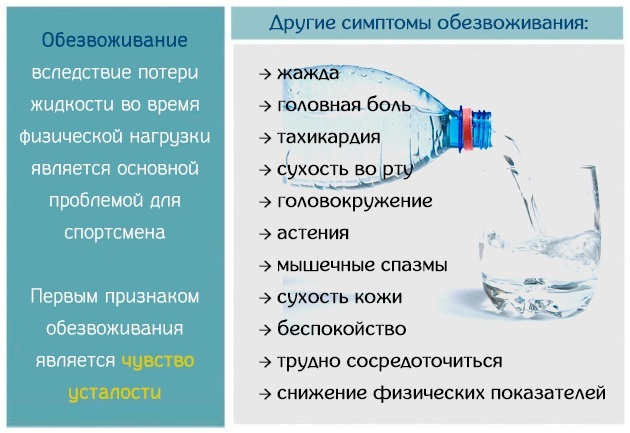
- Antibacterial. The drugs fight against pathogenic microorganisms. The group includes Amoxiclav, Ceftriaxone, Clarithromycin.
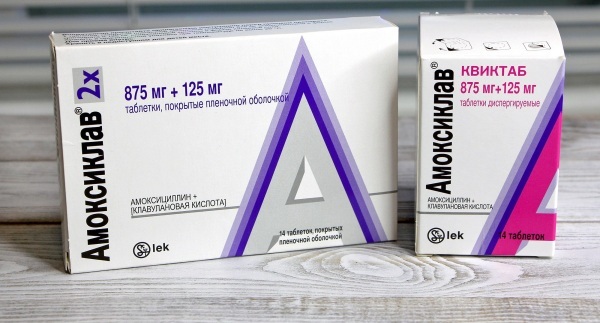
- Antihistamines (anti-allergic). Due to the fact that allergies are possible from antibiotics, it is recommended to take this group of drugs. Antihistamines relieve itching, redness of the skin. The group includes Claritin, Erius, Zodak.
- Normalizing intestinal microflora. The drugs reduce the negative effect of antibacterial agents on the gastrointestinal tract. The group includes Acipol, Linex, Bifiform.
- Immunostimulants. Medicines stimulate immune defenses. The group includes Immunal, Echinacea-P, Stimmunal.
- Vitamin complexes. The funds replenish the level of vitamins and minerals. Vitamins include Vitrum, Komlivit, Supradin.
Additionally, sprays (Tantum Verde, Geksoral, Stopangin) and lozenges (Grammidin, Strepsils, Anti Angin formula) are prescribed for the throat. These drugs reduce pain and inflammation.
- Antibacterial.
- Normalizing intestinal microflora.
- Antihistamines.
- Rehydrants. The group corrects the imbalanced electrolyte and fluid balance in case of diarrhea or vomiting. The group includes Regidron, Hydrovit.
- Immunostimulants.
- Vitamin complexes.
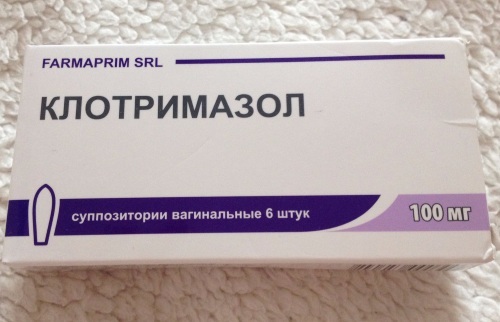
Additionally, it is recommended to take immunostimulating drugs and vitamins.
Additionally, you should take immunostimulating drugs and vitamin complexes.
- Antiviral. Medicines fight the virus. The group includes Ingavirin, Arbidol, Anaferon.
- Non-steroidal anti-inflammatory drugs (NSAIDs). Medications reduce fever, pain and inflammation. NSAIDs include Nurofen, Dexalgin, Nise.
- Vasoconstrictor. Medicines eliminate a runny nose. The drugs should not be used for more than 5 days. Vasoconstrictors - Xymelin, Tizin, Afrin.
- Analgesics. The drugs reduce pain and fever. The group includes Analgin, Paracetamol.
- Antitussives. Eliminate dry and unproductive cough. The group includes Codelak NEO, Sinekod, Libeksin.
- Expectorants. Accelerate the excretion of thin and non-viscous sputum. Expectorants include Gedelix, ACC, Ambrobene.
- Antibacterial. A group of drugs is prescribed if the symptoms of ARVI do not decrease after 5 days from the start of therapy, as well as when a secondary infection (otitis media, pneumonia, etc.) is added.
- Normalizing intestinal microflora, antihistamines. Drugs are prescribed if a person is taking antibiotics.
- Sprays and lozenges for sore throat.
- Immunostimulating.
- Vitamin complexes.
- Antispasmodics. The funds reduce the spasm. The group includes Drotaverin, No-shpa, Duspatalin.
- NSAIDs.
- Enzymes. The drugs can reduce the load on the pancreas, improve digestion and absorption of food. The group includes Creon, Mezim, Festal.
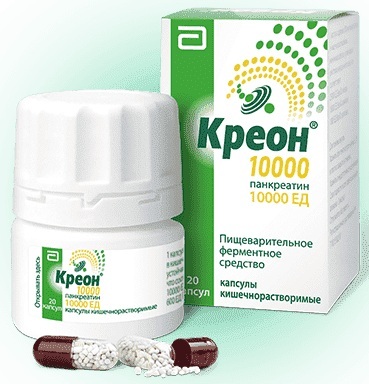
- Antacids. Medicines reduce the acidity of gastric juice, eliminate heartburn. Antacids include Gastal, Rennie, Almagel.
- Antiemetic. The drugs eliminate nausea and vomiting. The group includes Cerucal, Domperidon, Motilium.
- Immunostimulating.
- Vitamin complexes.
- NSAIDs.
- Anticoagulants. A group of drugs prevents thrombus formation in the lumen of the vessels. Anticoagulants include Eliquis, Xarelto, Wessel Douet F.
- Enterosorbents. Medicines remove toxins from the body. The list of enterosorbents includes Filtrum STI, Enterosgel, Lactofiltrum.
- Glucocorticosteroids (GSK). The drugs reduce inflammation and are intended for the treatment of severe forms of the disease. The group includes Prednisolone, Dexamethasone.
- Antihistamines.
- Vitamin complexes.
- Immunostimulants.
- Antibacterial. With cystitis, it is recommended to take drugs intended for the treatment of urinary tract infections - Monural, Furadonin, Furagin.
- Normalizing intestinal microflora.
- Antihistamines.
- Vegetable. The products have a combined effect and natural composition. The drugs eliminate the symptoms of diseases of the urinary system. The group includes Kanefron N, Cyston, Phytolysin.
- Vitamins.
- Immunostimulants.
- Antibacterial.
- Normalizing intestinal microflora.
- Antihistamines.
- Antifungal. Prescribed if the disease has arisen due to fungi.
- NSAIDs.
- Immunostimulants.
- Vitamins.
- Glucocorticosteroids.
- Vegetable (Kanefron N, Fitolizin, Urolesan).
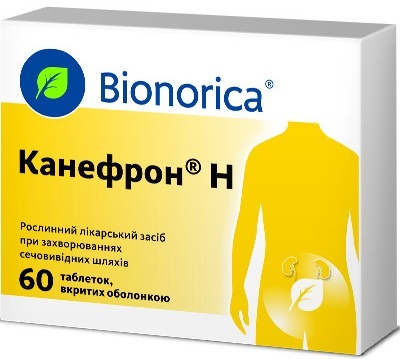
- Diuretics. The drugs accelerate the elimination of excess fluid from the body, reduce edema. The group includes Diuver, Furosemid, Veroshpiron.
- Antihistamines.
- Corticosteroids. The group is used if there is a high likelihood of anaphylactic shock (severe lack of oxygen and impaired blood flow through the vessels).
- Immunostimulants.
- Vitamins.
- Insulin-containing. Used for diabetes mellitus type 1 and 2 (rarely). The group includes Apidra SoloStar, Rinsulin, Humalog.
- Hypoglycemic. Drugs are prescribed for type 2 diabetes. Medication lowers blood glucose levels. The group includes Maninil, Glidiab, Siofor.
- Immunostimulants.
- Vitamins.
- Antianemic. These preparations contain iron. The use of medicines allows you to make up for the lack of an element. Antianemic agents include Ferrum Lek, Totema, Sorbifer Durules.
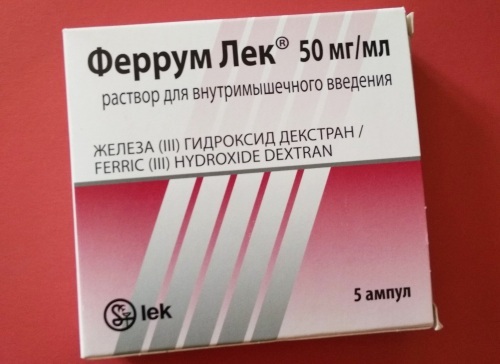
Ferrum lek - Immunostimulants.
- Vitamin complexes.
- Rehydrants.
- Immunostimulants.
- Vitamins.
- Infusion therapy. The method is aimed at introducing solutions into the bloodstream. Infusions are used to replenish body losses in severe dehydration. The group includes Sodium chloride, Glucose.



